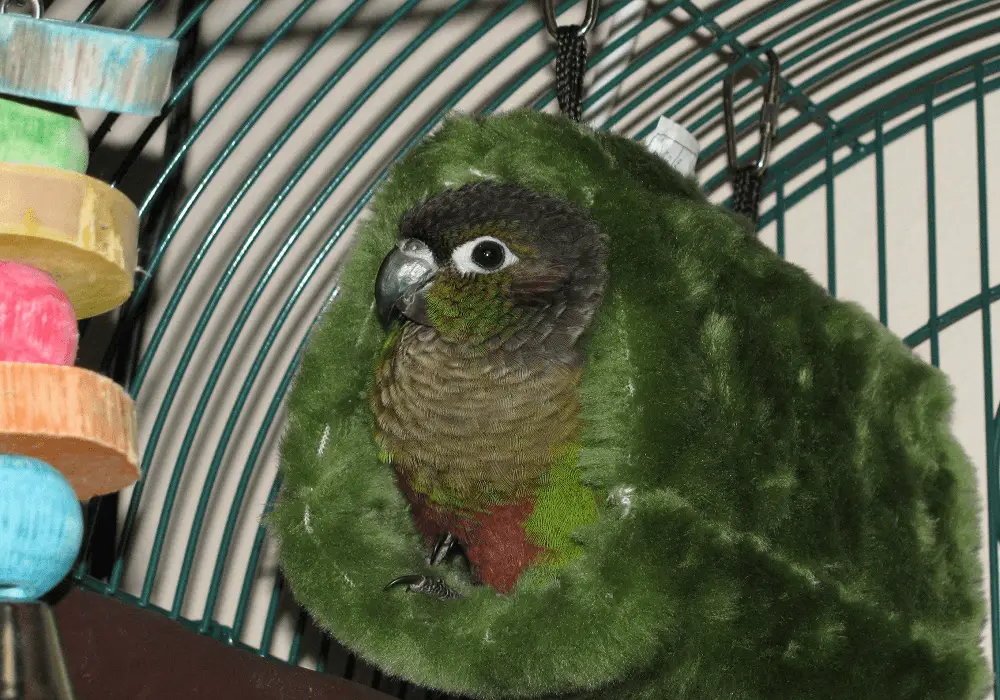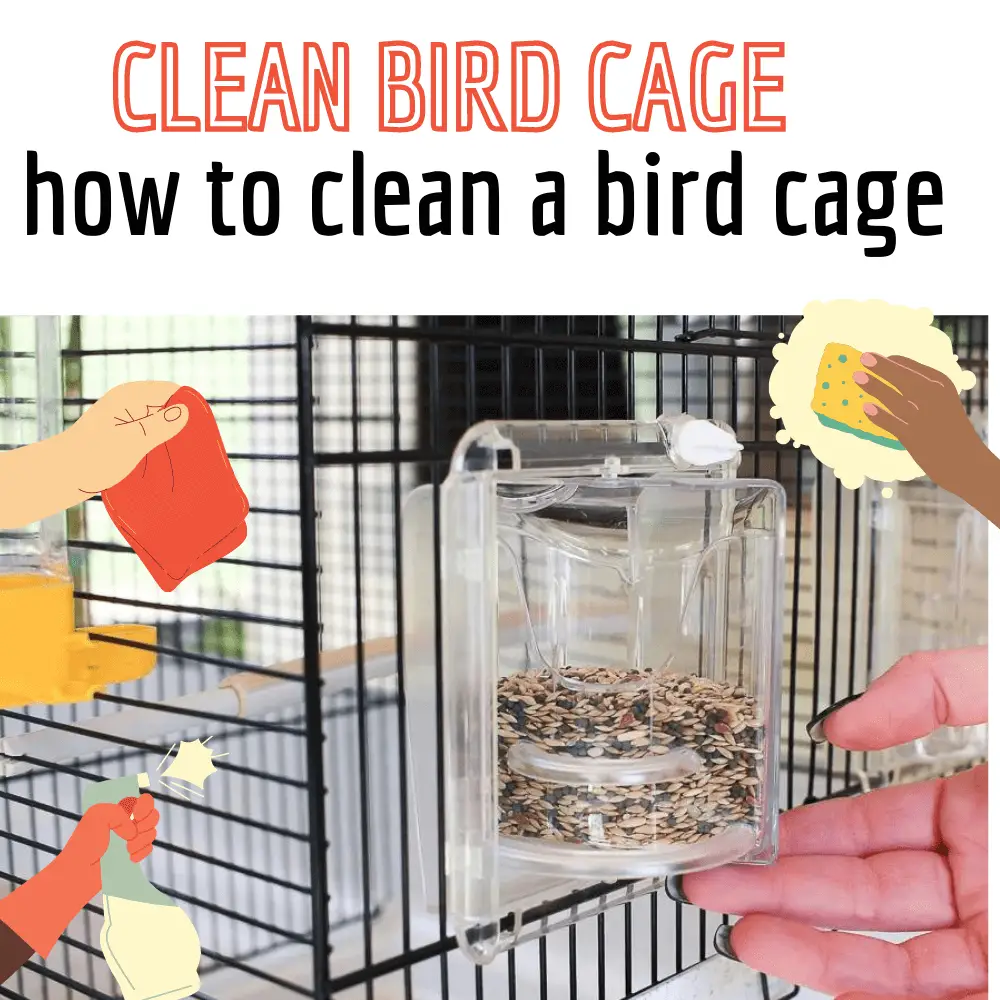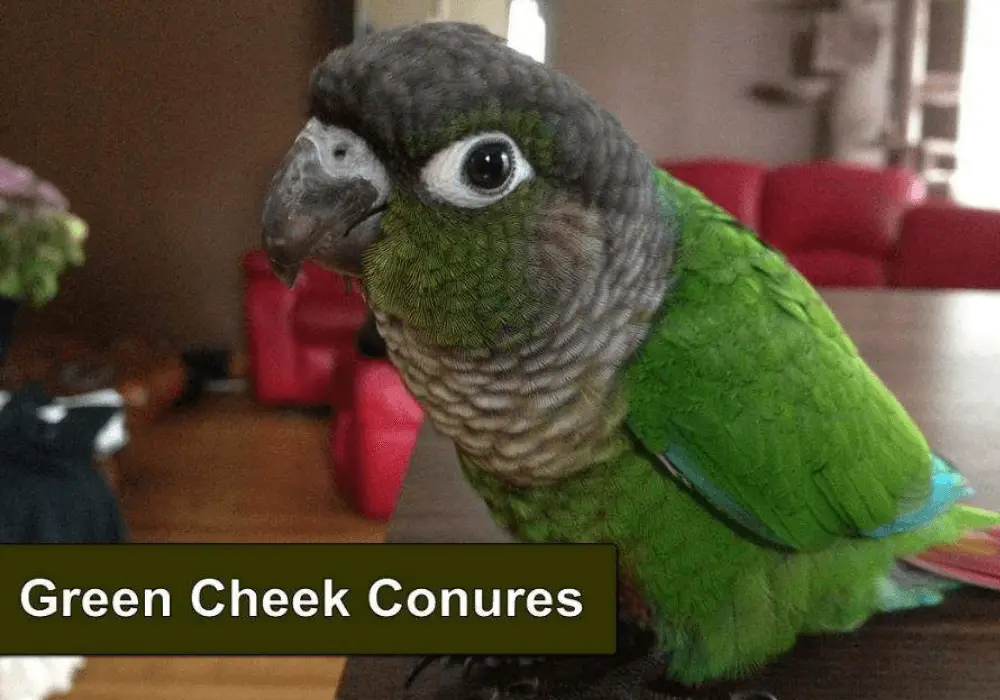Conure lifespan: Conure birds are a group of medium-sized parrots with long tails. They are mainly found in South America and Central America.
Most individuals love them as pets due to their easy adaptation to new environments and relatively low maintenance. Besides, you can easily get your hands on it by adopting or buying one at a reasonable price.
How long does green cheek conure live
Conure lifespan between 20 and 30 years on average if you keep your bird in a healthy and clean environment. The lifespan of a pet conure depends on several factors, such as species, environment, care, health issues, stress level, or breeding.
conure lifespan in the wild average of 10 to 15 years, due to various environmental factors. If you take good care of your conure, you will make yourself a companion for life.
How to take care of a conure parrot
Every owner who loves their beautifully colored conure bird is always looking for the best way to improve its life expectancy. Religiously following these listed methods will exceed your expectations for the lifespan of your conure in captivity.
Conure diet
Food is essential to increase the lifespan of any being. Just as a lack of food can cause starvation, an unbalanced diet can reduce their longevity by a few years. While birds can only survive on grain, they can have a low quality of life in middle age.
This is because the grains do not contain all the nutrients needed by the conure’s body. He, therefore, needs a balanced diet including all nutrients.
At least 60% of the conure’s diet should contain high-quality pellets. They contain the right mix of all important nutrients for your bird’s health.
You can get a mix of pellets from a reputable brand online or at a local pet store.
Fresh vegetables and fruits are necessary for the health of the bird. You can serve them mashed, sliced, chunks, or diced, depending on your conure preference.
Be sure to remove the seeds and avoid pitted fruits, such as apricots or avocados. However, note that some seeds are part of the conure’s diet and many owners like them fortified, covering calcium and other mineral needs.
But you can also serve them unfortified while controlling their consumption.
Fresh water is essential for every being, and conures are no exception. Keeping them hydrated helps flush out toxins and regulate their body temperature, thus preventing disease.
Time out of the cage
Conures need to stay physically fit to increase their lifespan, and one of the basic ways to keep fit is through exercise. The best exercise for conures is flapping their wings.
Letting them out of their cage at least once a day can keep them healthy. And whenever the conure is in its cage, it should have access to several high-low perches to spread its wings and perform short flights when it wishes.
Cleaning cage

Hygiene plays an essential role in maintaining the health of all living beings. Maintaining a conure’s hygiene can eliminate all chances of germs and bacteria breeding around and inside it.
Some basic ways to maintain his hygiene include cleaning his cage and removing all droppings, changing the water daily, regular baths, disposing of leftover food, and cleaning his food and toilet daily. his dishes.
Reduce stress
Depression and stress can shorten the lifespan of any being by damaging their brain cells. And conures, especially in captivity, can quickly become solitary if there is a change in their environment.
Thus, reducing stress can help increase their lifespan. To handle this successfully, always keep his brain stimulated.
Since conures are very playful, you can have them chew on multiple destructible toys all the time, and they won’t even realize what’s going on around them. Organic wooden blocks, vine balls, old newspapers, and grass mats are their favorites.
Additionally, spending time with your conure on a daily basis will go a long way in keeping it mentally fit. It’s normal to feel that you don’t have extra time for your birds, given the difficult life in our current world.
But you can achieve a balance between time spent with animals and work if you do it smartly. You can let the conure sit on your lap while watching a movie or keep its cage close to you while relaxing after a hectic day.
Health conditions
In addition to providing your conure with a quality life, access to top-quality health care can increase its lifespan. Therefore, he needs an avian veterinarian to perform regular checkups to detect and rule out any disease that is still in its early stages.
You can also discuss the bird’s annual behavior report with the vet to find out about any unusual changes that you may have previously overlooked, thinking it’s just another tantrum.
Green cheek conure lifespan

With proper care, the green-cheeked conure bird can live 30 years in captivity. However, his average life expectancy is 10 years due to not receiving enough care.
Some common illnesses that can affect their health and lifespan include Pacheco’s disease and Conure’s bleeding syndrome, an indication of vitamin K deficiency.
Life expectancy of a sun conure

Found in the dry savannah lands and coastal forests of South America, a sun conure has a shorter lifespan than those in captivity.
So, in the wild, they live an average of 15 years, while their counterparts in captivity can extend up to 20 years with proper care. But you’ll hardly hear of a sun conure living to be 30 years old.
Do male or female conures live longer?
Female conures go through more hormonal changes that can adversely affect their bodies and possibly significantly shorten their lifespan.
In addition, egg laying can adversely affect a female conure’s lifespan and health, as it depletes nutrients and calcium. In addition, they may die while laying eggs.
However, while many owners claim that male conures are longer-lived than female conures, there’s actually no evidence that either sex will outlive the other.
Conures are great pets for bird lovers. Although it can sometimes be difficult to maintain them, they are worth having as a companion for life.
The key to improving their lifespan is to ensure that all of the bird’s needs are met. The smarter your conure is, the more mental stimulation and daily interaction it will need.

